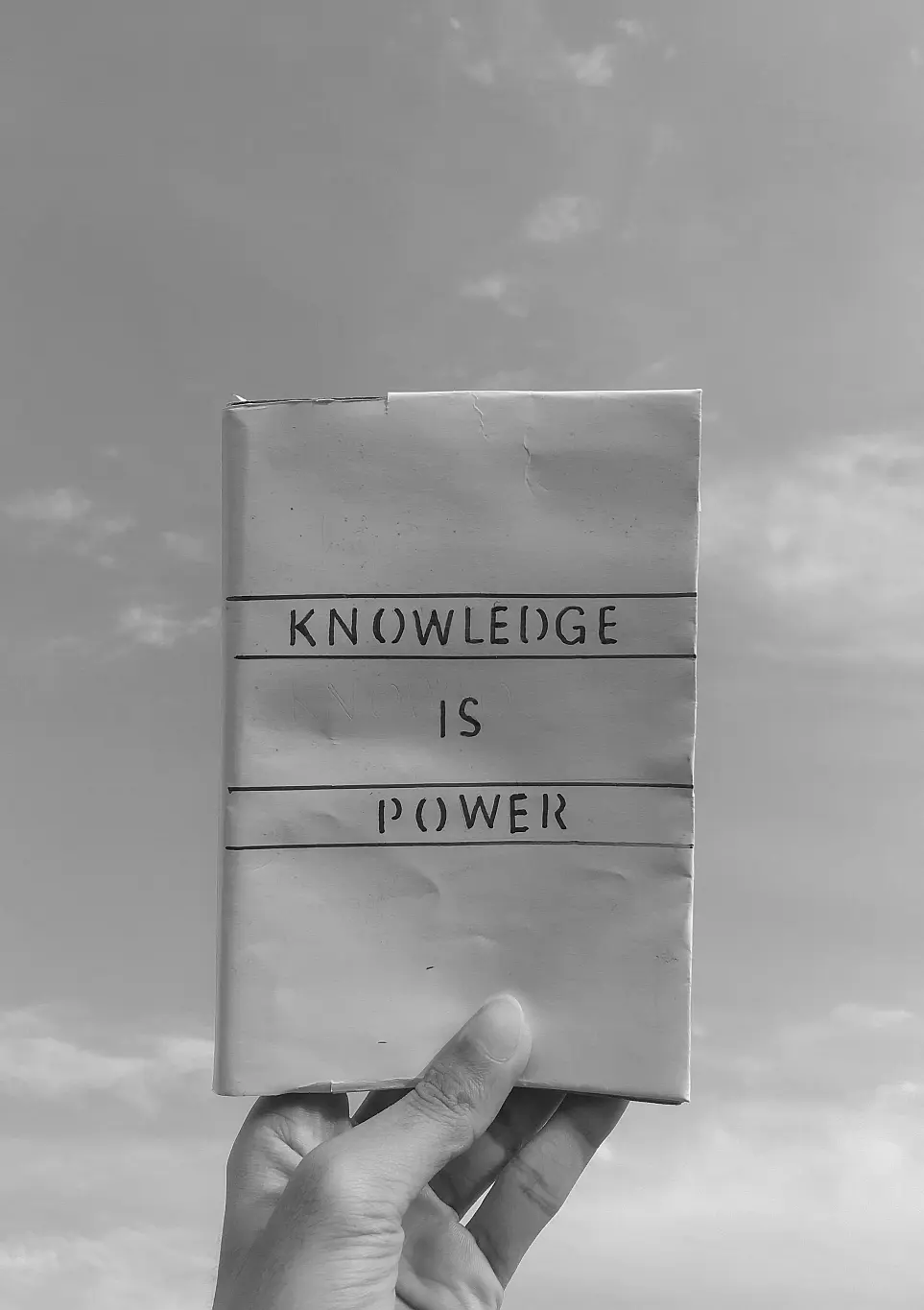
17 August 2025
National Geographic (2025) ¦ Trafficked with Mariana Van Zeller - Terrorist Oil
Terrorist Oil: How Black‑Market Fuel Fuels Modern Extremism
Mariana van Zeller’s investigation begins in Maiduguri, northern Nigeria, where the mechanics of violence are revealed to be as logistical as ideological: without fuel, Boko Haram cannot move, recruit, or strike. Former fighters held in a de‑radicalization compound describe petrol as the group’s most important commodity. Van Zeller follows military checkpoints and hears soldiers and commanders discuss the constant need to interdict supplies. The film shows how stolen crude from the oil‑rich Niger Delta is refined in makeshift backyard operations, then transported across hundreds of miles to supply fighters in the north. The practical detail of war — vehicles, generators, and improvised explosives — depends on a steady flow of diesel and petrol that is often siphoned from legal pipelines and converted into a product usable by insurgents.
Illicit Refining and Local Complicity in the Niger Delta
The documentary moves into the mangrove backwaters of the Delta to witness illegal extraction and refining firsthand. Van Zeller gains rare access to a refinery where crude is siphoned from a pipeline and processed in dangerously improvised facilities. Workers scoop hot fuel barefoot, fill plastic sacks and jerrycans, and load cars that will distribute diesel and kerosene across the country. The film traces how decades of exploitation by multinational oil companies and environmental degradation have deepened local grievances, turning ordinary people toward oil theft as a survival strategy. Those who profit from the trade include small operators and larger networks; the scene of informal refining captures both the human cost — burns, explosions, and polluted land — and the scale of value being diverted from the legal economy into the shadow market.
Iranian Oil, Hezbollah, and the Regional Smuggling Network
Van Zeller then shifts to Lebanon, where the focus is on another axis of illicit fuel: sanctioned Iranian oil and Hezbollah’s role in its distribution. The episode documents the 2021 spectacle in which tankers carrying Iranian fuel were paraded through Lebanon, an act framed publicly as defiance of international pressure and as relief for a population in economic crisis. Reporting and interviews with local journalists, a former U.S. intelligence analyst, and smugglers reveal a multilayered system of evasion and distribution. In the Bekaa Valley and along the porous Syrian border, stash houses and fleets of trucks move large quantities of diesel into Syria and beyond. Conversations with smugglers and a confessed Hezbollah affiliate suggest that the organization profits from both transportation fees and outright sales, turning sanctioned fuel into a revenue stream that sustains political and military activity.
Sanctions, Statecraft, and the Limits of Enforcement
Throughout the film, analysts explain that when states like Iran face long‑running sanctions, they and their proxies become adept at creating front companies, using covert shipping practices, and building smuggling networks. That resilience complicates enforcement and allows sanctioned fuel to reach clients and allies. The documentary frames the illicit oil trade as not merely a local criminal problem but as a strategic threat: resources extracted or smuggled in one region can underwrite violence and influence in another, with direct consequences for regional stability and global security. The reporting highlights the difficulty of policing a transnational black market composed of desperate locals, organized smugglers, and actors with political cover.
What Oil Reveals About Modern Conflict
Van Zeller’s reporting makes a simple but powerful argument: oil — legal or illicit — remains a driver of conflict. Whether it is crude stolen from pipelines in Nigeria or sanctioned shipments routed through Lebanon, fuel converts natural resources into mobility, money, and power for groups that challenge states. The documentary captures the human faces behind the trade — ex‑militants, refinery workers, smugglers, and ordinary citizens — and shows how poverty, corruption, and geopolitical rivalry create incentives that perpetuate the cycle. By following pipelines, refineries, stash houses, and truck convoys, the film exposes how deeply interwoven local economies and global politics are when it comes to energy and violence.


